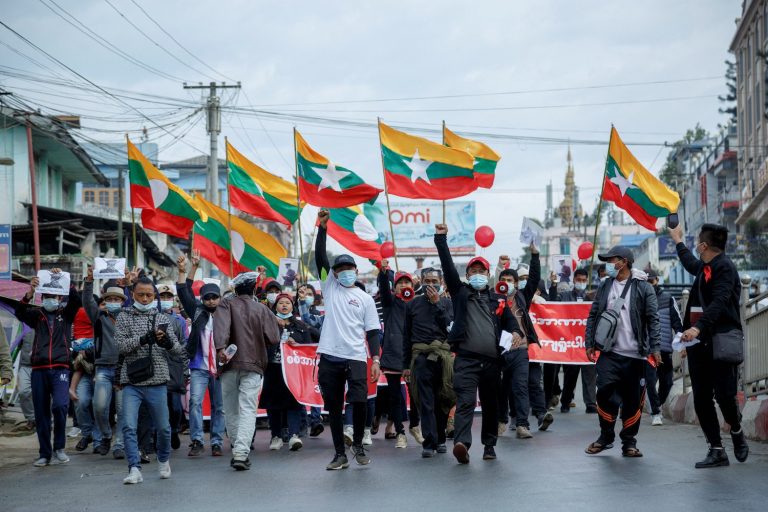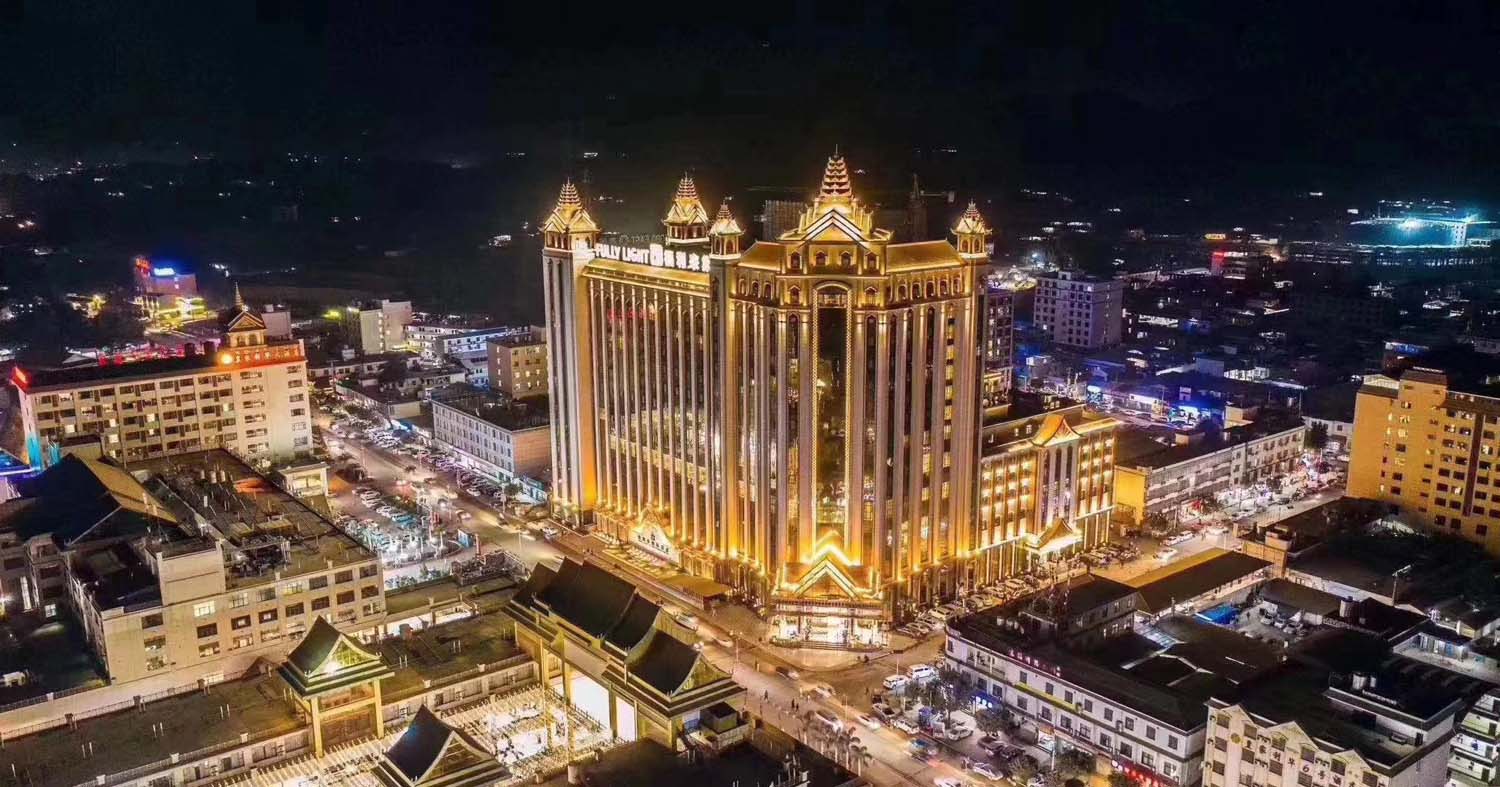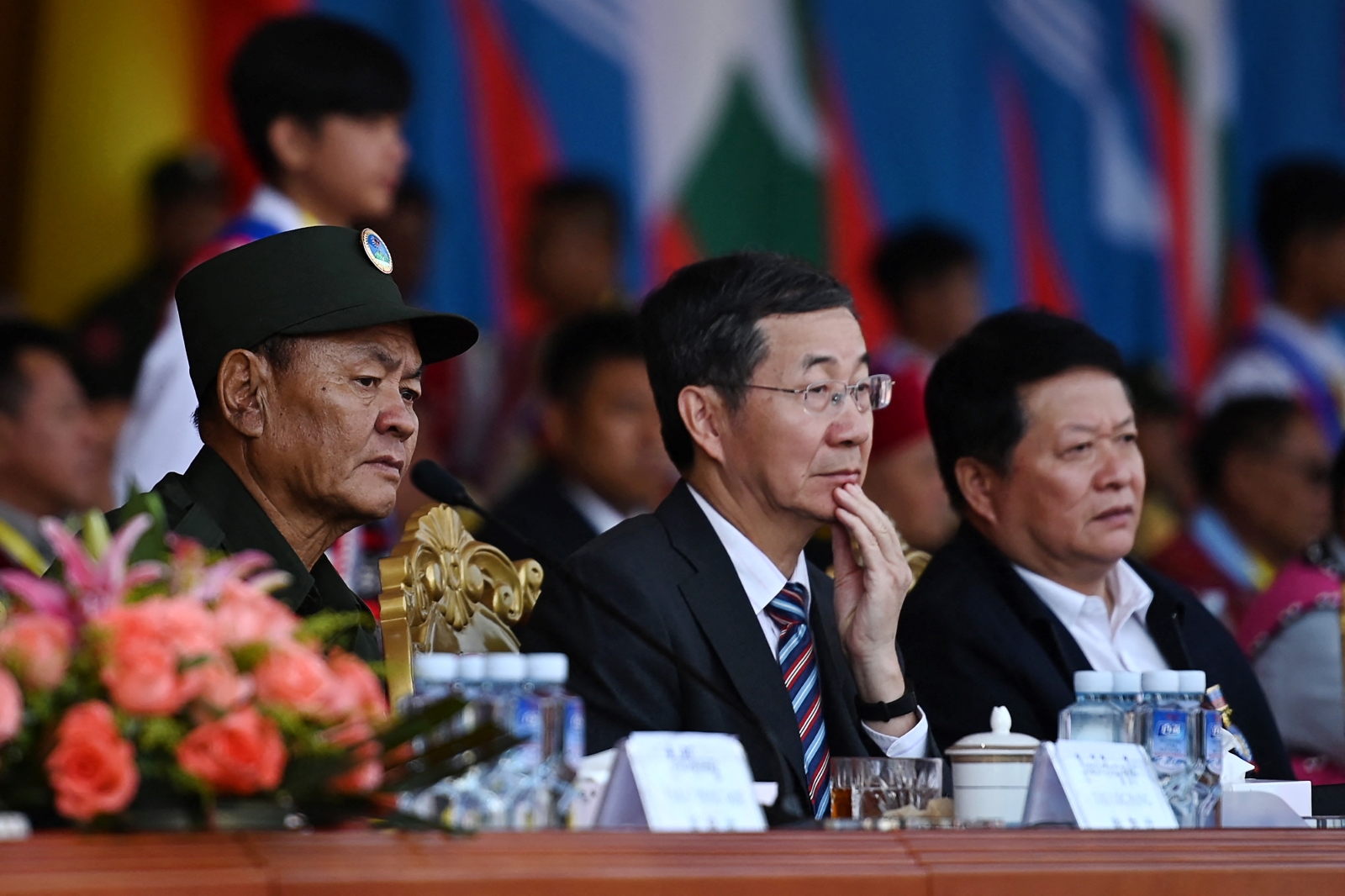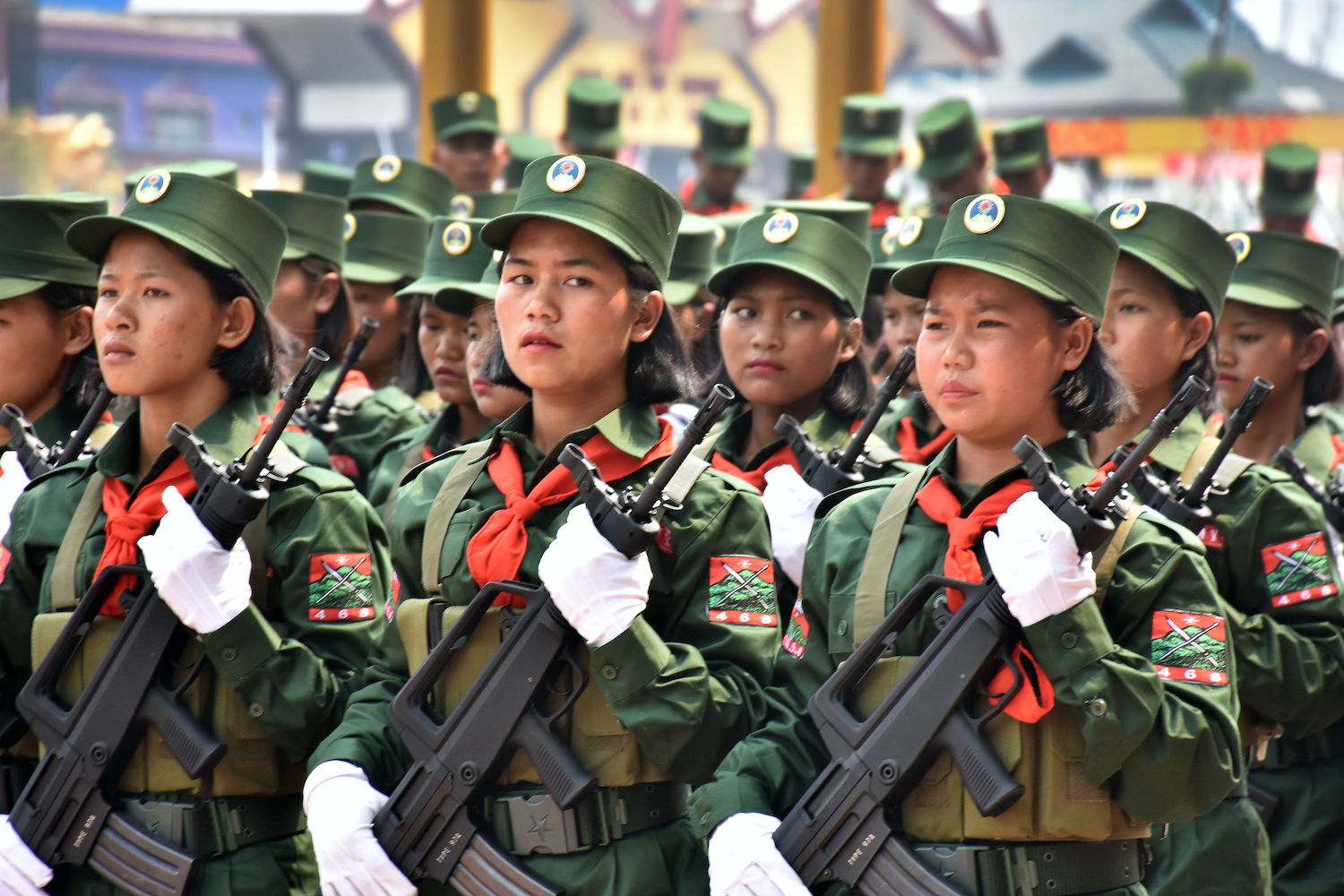By NYAN HLAING LYNN | FRONTIER
NAY PYI TAW — Delegates from the United Wa State Army decided not to attend the second day of the 21st Century Panglong Conference in Myanmar’s capital Thursday, after an apparent misunderstanding over the group’s status at the peace talks.
U Khin Zaw Oo, a a retired lieutenant-general on the summit’s organising committee, told Frontier the group’s decision to withdraw arose over a misunderstanding as to whether the Wa delegation were observers or participants in the conference.
According to Khin Zaw Oo, when the UWSA delegates arrived in Nay Pyi Taw, they stayed outside of their assigned accommodation and were given observer cards to attend Wednesday’s opening ceremony as an interim solution.
After the delegation did not appear at the conference on Thursday, Khin Zaw Oo went to the group’s hotel in an attempt to persuade them to rejoin the conference. They told him that they had made contact with their headquarters in Panghsang and would await a decision from the UWSA leadership before rejoining.
Support more independent journalism like this. Sign up to be a Frontier member.
At around 3pm, the delegation left Nay Pyi Taw for Panghsang, Frontier has learned. The text of a planned speech by UWSA delegate U Kyaw Hla, who was due to speak at the conference shortly before the group’s departure, was instead given to conference organisers.
The UWSA is Myanmar’s most well-resourced non-state armed group, with an estimated strength of at least 25,000 soldiers. Along with several other groups, it declined to participate in the previous government’s Nationwide Ceasefire Agreement.
The group did not participate in a major meeting of non-state armed groups in the Kachin State village of Mai Ja Yang ahead of the Panglong conference in late July, instead meeting directly with Daw Aung San Suu Kyi and government representatives in Nay Pyi Taw.
The group’s attendance at the conference, along with the Mong La-based National Democratic Alliance Army, had been touted as a boost for the government’s attempts to bring NCA non-signatories into the peace process it inherited from the Thein Sein administration.







